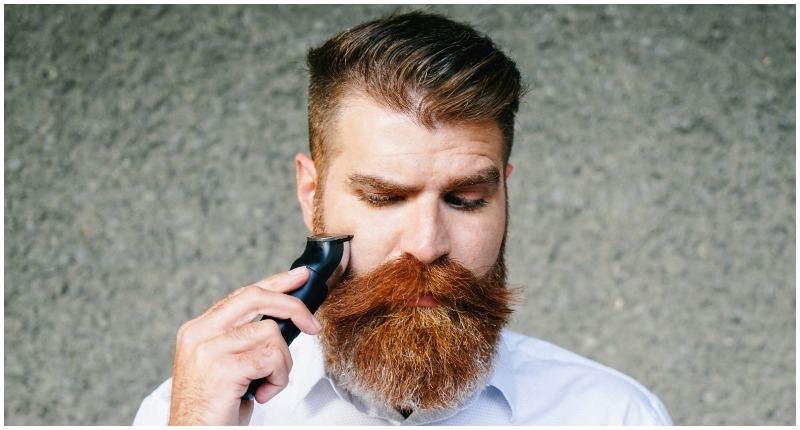The threat of tuberculosis is still strong in many people’s minds. “TB” has affected humanity throughout its history, and it wasn’t until the start of the 20th century that doctors understood how the disease was spread.
As described on the website of PBS, “Victims suffered from hacking, bloody coughs, debilitating pain in their lungs, and fatigue.” The affliction cast a shadow over millions. At the start of the 19th century a reported one in seven were dying from it.
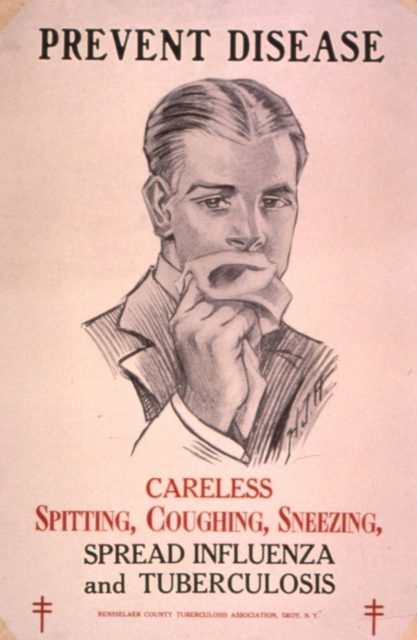
Germ theory first entered public debate during the late 1800s, via figures such as chemist Louis Pasteur. Physician Robert Koch’s “tubercule baccilum” pushed Mankind further toward enlightenment, though it took some years to catch on.
When the idea of bacteria and contagion was finally established, it replaced old notions of the condition being hereditary.
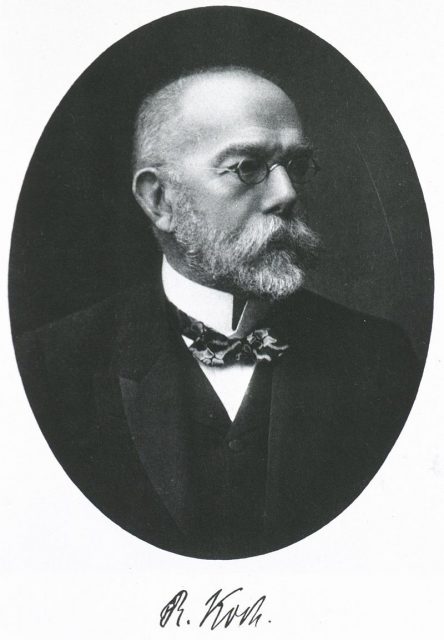
The presence of germs ushered in greater hygiene, and a concerted effort in countries like America to promote a new standard of healthy living. So while TB was a terrible thing, it also had an effect on modern society for the better.
One small but significant impact on the male population was the removal of beards. Facial hair has all manner of importance to a man’s psyche, from religious conviction to simply wanting to look rugged.
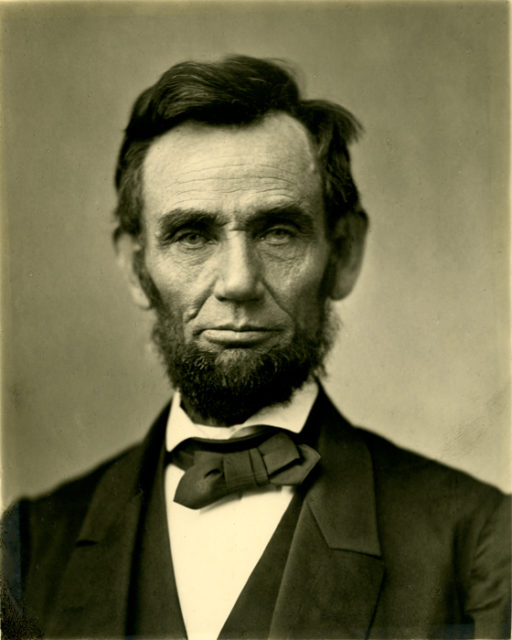
However, tuberculosis cared not for these beliefs and conventions, playing havoc with furry chins in the Land of the Free. The clean-shaven look became essential, yet prior to that, the beard was seen as a protector from disease rather than its incubator.
The Museum of Healthcare site writes that, in 1881, “Dr. Tom Robinson, an English physician… encourages men to grow facial hair to help prevent illness. According to Robinson, who drew on medical literature dating back to the Renaissance… medical conditions such as loose and sore teeth, nasal catarrh… and facial neuralgia… could all be prevented.”
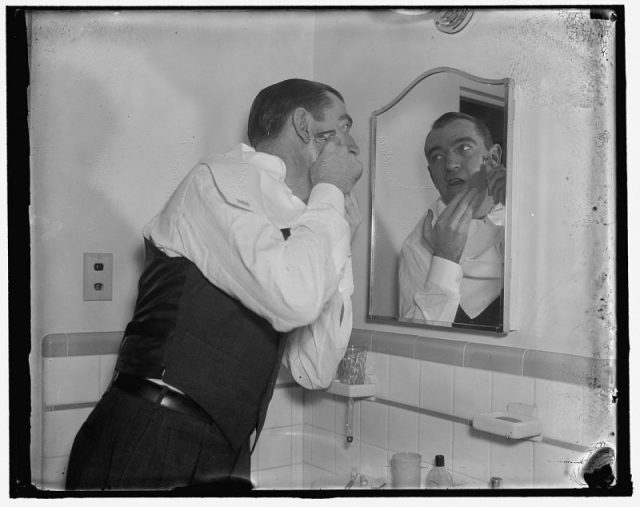
While it seems ridiculous now, before Pasteur and Koch’s research was announced, a beard possessed qualities that positioned it as a kind of health shield for the face.
The piece goes on to say, “soldiers with facial hair were less likely to be admitted to hospital with respiratory ailments such as bronchitis because it was believed that the hair could sift out harmful particles in the air.”
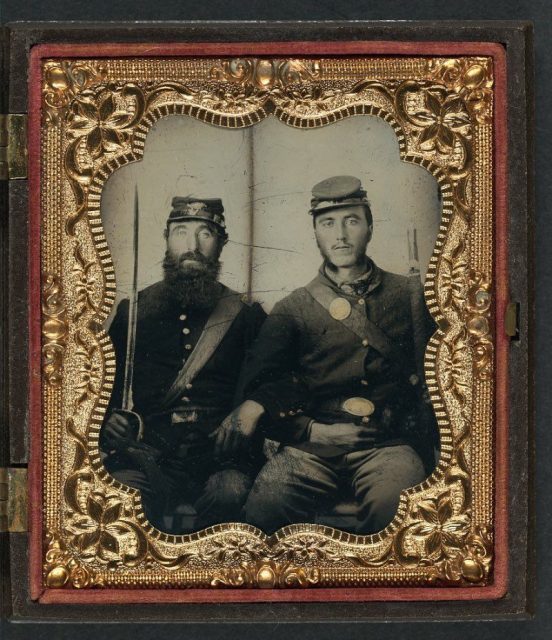
By the beginnings of the 20th century, that baby was being thrown out the window, along with the infected bathwater. In North America the “contamination of milk supplies in New York became an international headline when it was argued that facial hair could harbor farmyard dirt or tuberculosis, which could then end up in the milk.”
A rule was put in place whereby “only clean-shaven men would be allowed to milk cows and deliver their product to distribution centers.” From there the sight of a beard became unwholesome, and not only that but a danger to human life.
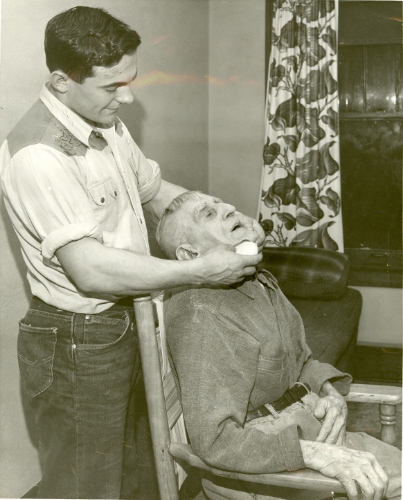
Within decades the government’s message of fresh air and germ awareness, combined with antibiotics development, had taken the fight to TB and won.
Intriguingly, this plague led to the expansion of American culture, as people wanting to escape TB set up home along the railroad. Their endeavors saw the construction of cities, together with an embracing of the outdoors life as a bedrock of public health.
As PBS summarizes, “The acceptance of tuberculosis as a contagion had a huge impact on American society, not only in medicine and public health policy, but also in recreation, city planning, and even popular fashion.”
Read another story from us: Men in Russia used to be Taxed for Growing a Beard
The beard emerged from the devastation and has recurred as a fashionable adornment over the decades. But arguably its reputation was damaged forever after its run in with tuberculosis.
If Mankind has become less whiskery as a result, then surely that is a small price to pay.
